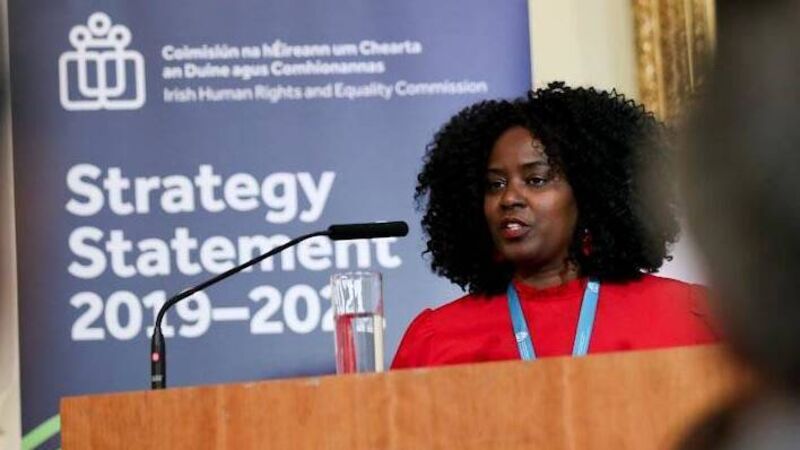Up to 5,790 women and girls in Ireland have suffered 'hidden' abuse of female genital mutilation

Dr Salome Mbugua says there is 'a lot to do' to ensure children in Ireland are protected.
Female genital mutilation (FMG) is “a hidden issue” in Ireland even though as many as 5,790 women and girls are estimated to have been subjected to the practice, an NGO working with migrant women has warned.
A new campaign, launched on Monday by AkiDwA, hopes to make young people more aware of these risks and raise awareness of this abuse which is illegal in Ireland.










